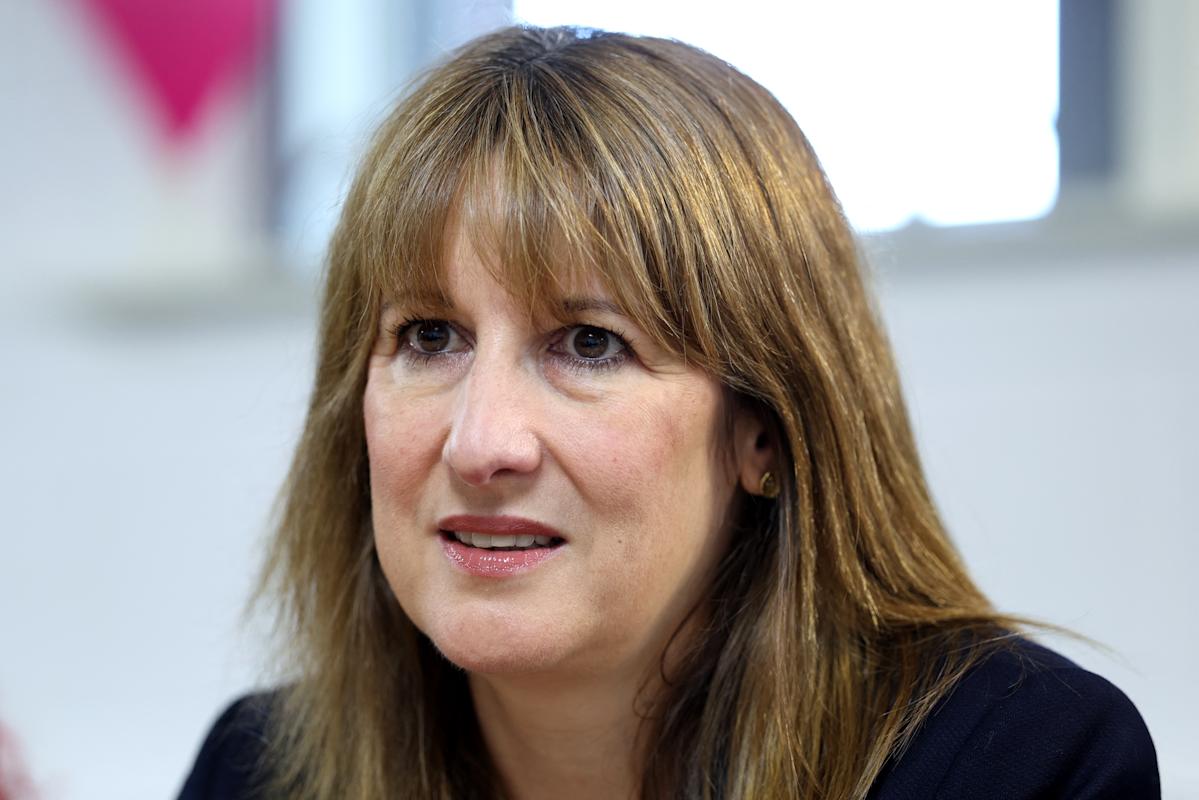Is there no end in sight for the rally in gold (GC=F) prices? Seemingly not, as nervousness about the state of the world – its worsening conflicts, its economic turbulence – drives growing hordes of investors to seek shelter in the preeminent safe-haven asset. The yellow metal notched a sixth straight weekly increase, boosted by inflows into bullion-backed exchange-traded funds and a risk-off tone in broader markets.
Gold has climbed more than 40% year-to-date, and banks including Goldman Sachs (GS) see the rally continuing toward the $4,000 mark. Silver (SI=F) is enjoying a winning spell too, threatening the hallowed $50 level.
It wasn’t such a golden week for chancellor Rachel Reeves, already under huge pressure to plug a yawning hole in the public finances, as the OECD sounded the alarm on growth and inflation. The international policy forum predicts that inflation in the UK will average 3.5% this year, higher than any other G7 nation including the US which is grappling with the effects of Trump’s tariff regime.
The OECD sees the pace of price increases easing to 2.7% next year, still well above the Bank of England’s 2% target. It also predicts higher taxes and reduced government spending will act as a drag on economic growth.
There was some good news for the beleaguered chancellor though, as plans for a second runway at Gatwick Airport were given the green light. Reeves, keen to seize on any positive news ahead of her November budget, said the £2.2 billion plan would create thousands of jobs and help “kickstart the economy”. Our readers’ poll suggested most of you agreed.
Let’s take a closer look at these and other stories making the financial headlines in the last few days.
Can AI revive hopes for the all-immersive metaverse? · Eugene Mymrin via Getty Images
UK braced for highest inflation in G7, says OECD
The latest projections from the Organisation for Economic Co-operation and Development made for grim reading, with the UK seen heading for inflation of 3.5% this year as it struggles with flagging growth. That figure – 75% above the Bank of England’s target – is seen easing to 2.7% in 2026.
Consumer prices are being pressured by an increase in the minimum wage and employers’ national insurance contributions, as well as hikes in utility bills.
The forecasts will add to the burden on Rachel Reeves ahead of her next budget, slated for 26 November, as the government sets out on a growth mission.
Remember the metaverse? Or rather, the hype around a future concept that may come to be known as the metaverse? That hype has so far failed to live up to the (virtual) reality as tech companies like Mark Zuckerberg’s Meta have struggled to make the digital universe profitable.
